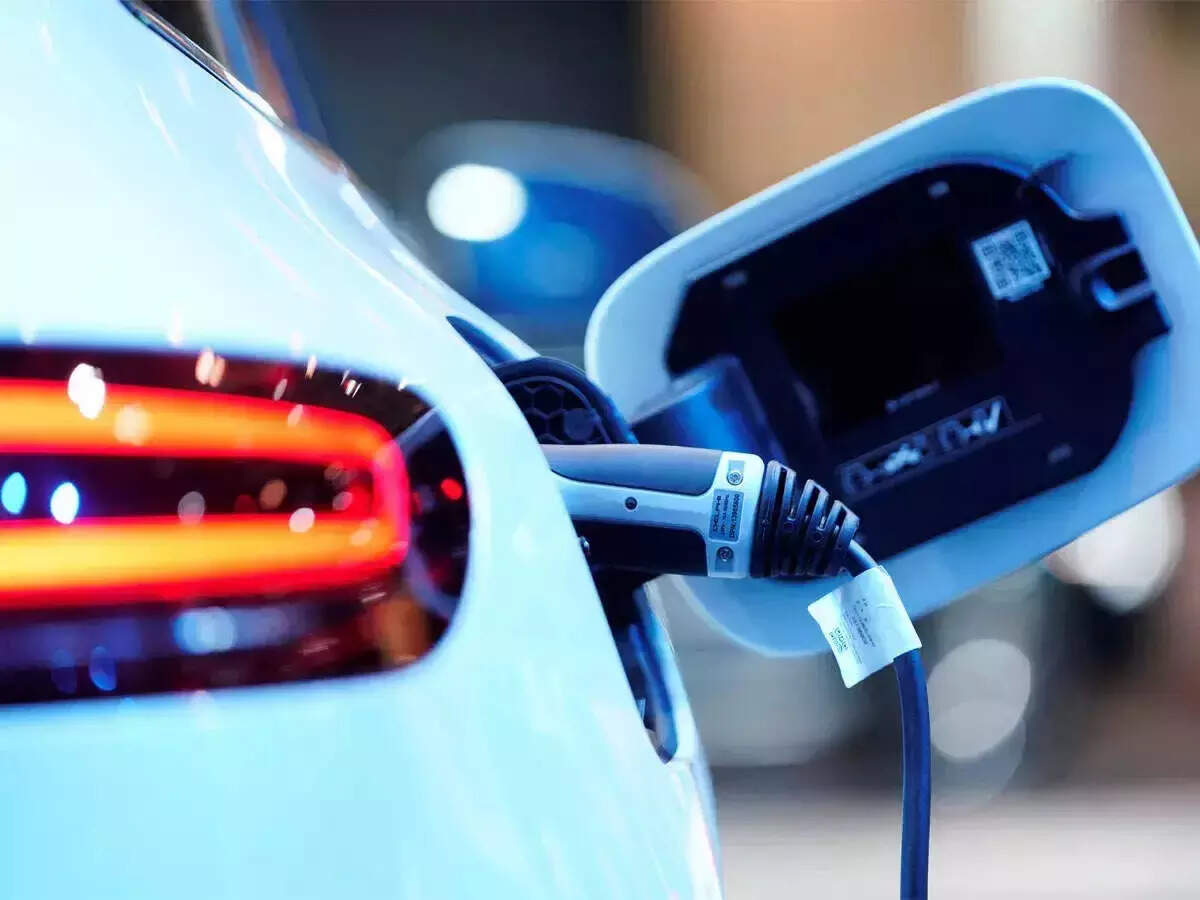
Experts from Israeli cybersecurity firm Upstream believe that early adopters of new digitized offerings from automakers may find methods to get around premium features by dishonestly manipulating the systems in their cars.
The Upstream team stated Tuesday that as automakers introduce subscription-based services and features in future vehicles, consumers may object.
With varied degrees of success, automakers, including BMW, Tesla, Volkswagen, Toyota, and General Motors, have provided monthly subscriptions for services like heated seats, global positioning systems, audio streaming, and remote keyless start features.
The auto industry is increasingly concerned about cybersecurity, and as cars develop into digital platforms, so-called white hat hackers, or researchers who detect weaknesses and alert automakers and suppliers, are finding issues. Sam Curry, a security specialist, broke into Reviver, a business that sells digital license plates to fleets, last year. Curry was given complete “super administrative access” to control every user account and vehicle owned by Reviver. His team managed to access the customer and staff data of BMW, Rolls-Royce, Jaguar-Land Rover, Mercedes-Benz, Porsche, Ferrari, and Ford.
This year, Upstream anticipates that black hat hackers—those who exploit vulnerabilities for malicious purposes—will concentrate on car fleets. According to Upstream, 35% of automotive cybersecurity breaches in 2022 were caused by black hat hackers breaking into automakers’ telematics and application servers.
Upstream recorded 268 publicly disclosed automotive cyberattacks in 2022, an increase from the 245 publicly disclosed events in 2021.
Attacks are occurring more frequently, gradually. 230 occurrences were listed by Upstream in 2020, 196 in 2019, and 79 in 2018.
The company counted 1,173 publicly documented cyberattacks relating to the auto industry between 2010 and 2022.
Also Read:
